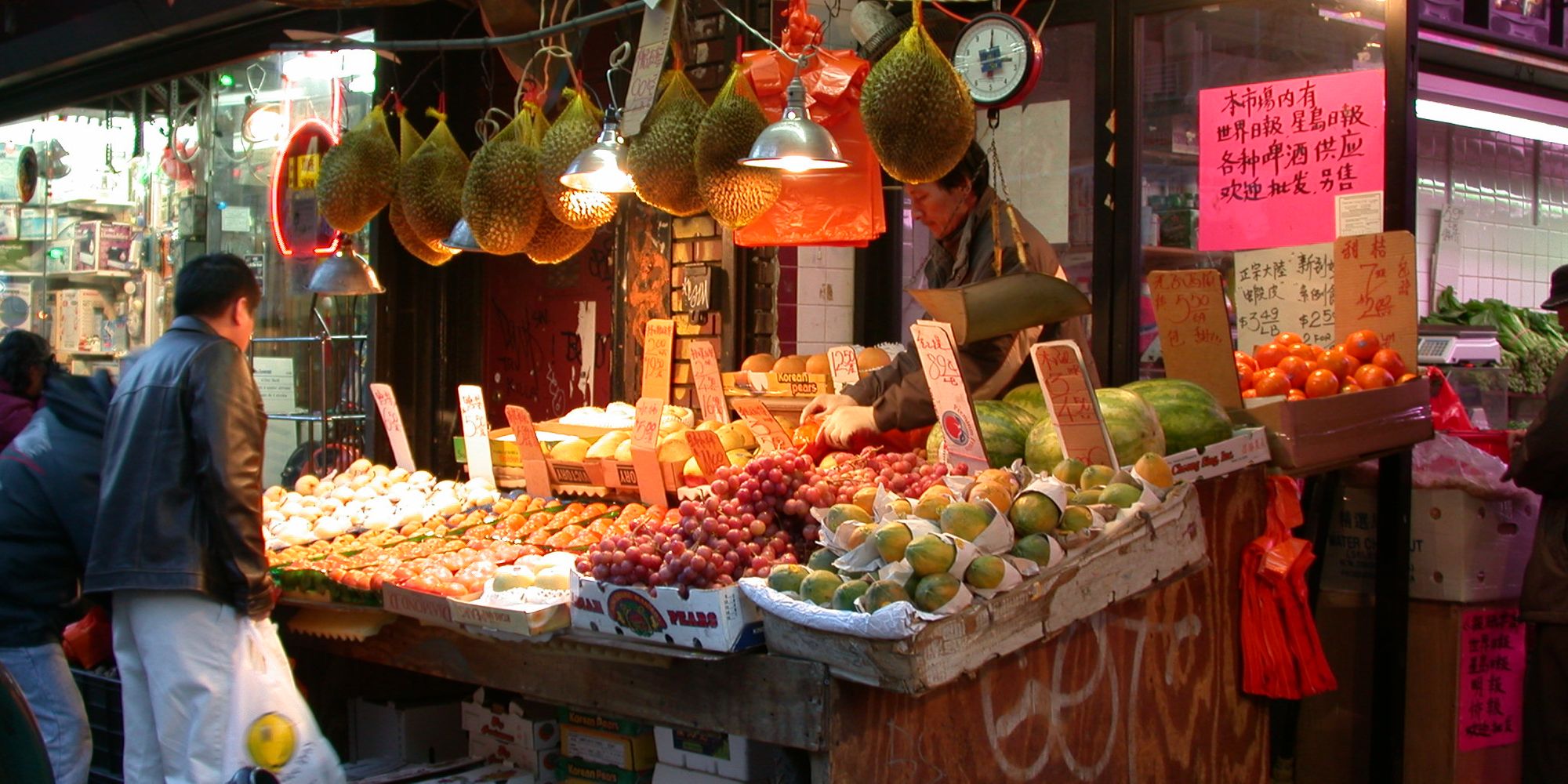Food Equity and Resilience in an Immigrant Neighborhood
Manhattan’s Chinatown is a prime example of a neighborhood where food is central to its commerce, cultural heritage, and reputation as a tourist destination, yet the number of food distributors, restaurants, and street vendors in this historically low-income community have been declining due to gentrification, xenophobia, and most recently the COVID-19 pandemic. The grassroots response to this crisis is a reminder that people have the power to use food to assert the society that they desire, to shape a highly contested urban space, and to claim their right to the city. But representation, who is heard, and who participates in public discourse shapes community outcomes. In this panel we will explore the networks of trade that connect Chinatown with farms that supply it, the retail food environment and its relationship to health and equitable access, and the multiple visions and actions of individuals and organizations that exert influence over the food system. We will address the central question of resilience in community food systems in the face of gentrification, shifting demographics, and most recently, the Covid-19 pandemic, arguing that the contestation over cultural and community identify, economic, environmental and health outcomes of this neighborhood’s food system has relevance beyond Asian-American communities and can expand our view of food equity.
Evaluating Closures of Fresh Fruit and Vegetable Vendors - JMIR Formative Research
Testimony to City Council on borough based jail's effect on street vendors


